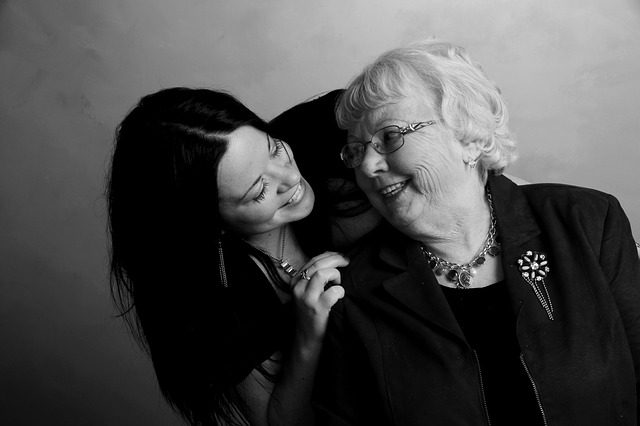Using Caregiving Services as a Support System
Caregiving services aren’t always the predominant care option for individuals and families, and that’s ok. Those who choose to personally care for a loved one may still be greatly helped by caregiving services. It is estimated that 29% of people care for a loved one without pay, and sometimes even with a full time job and other family responsibilities. Whether they are providing care for an elderly parent or a disabled sibling or child, it can be difficult to do all on one’s own—which is where a caregiving service comes in.

The New York Times reported that around 34 million Americans care for someone that was over 50 this past year, and most of those volunteer caregivers were employed. It is amazing the length family will go to take care of each other! But it’s also important they know they don’t have to do it alone. A good caregiving service may provide primary care or companion care to help ensure there no gaps in care for loved ones, whether they need help because of their advanced age, a disability, or Alzheimer’s.
Caregiving services can provide additional care to supplement the love and support a family caregiver provides. This is important because caregivers must also take care of themselves to help keep up their spirits and their energy. One of the tenants for providing good care is ensuring the caregiver is taking time for themselves, whether it’s going on a family vacation or just getting a mani pedi. A caregiver should feel supported and encouraged, and respite care, along with primary care, elder care, and companion care, can be helpful tools towards that goal.
For example, for those who work full time and are in charge of caring for a loved one, caregiving services can provide companion care. This service helps provide loved ones with more interaction and activities during the day, whether it’s going for a walk or watching a movie with a qualified caregiver. A qualified caregiver can also complete primary care tasks such as bathing and help with getting dressed and taking medication. If an employed caregiver knows the family works late every Tuesday evening, a caregiving service can even provide meal service those nights and check-in on a loved one.
Using a caregiving service to augment family care allows the primary caretaker to focus on the time they have with their loved one and to continue building their relationship, rather than worrying they aren’t doing enough or feeling overwhelmed by the enormity of the task. It’s a large job, full of plenty of responsibility, and no one should have to do it alone.
Caregiving services shouldn’t be looked upon as an alternative to the personal attention of a family member providing caregiving services. Rather, they should be considered additive (and sometimes restorative). While many caregiving services will happily provide you with full-time care for your loved one, it is important to know about the other services they provide so you can help ensure your loved one receives the care they deserve and need.
